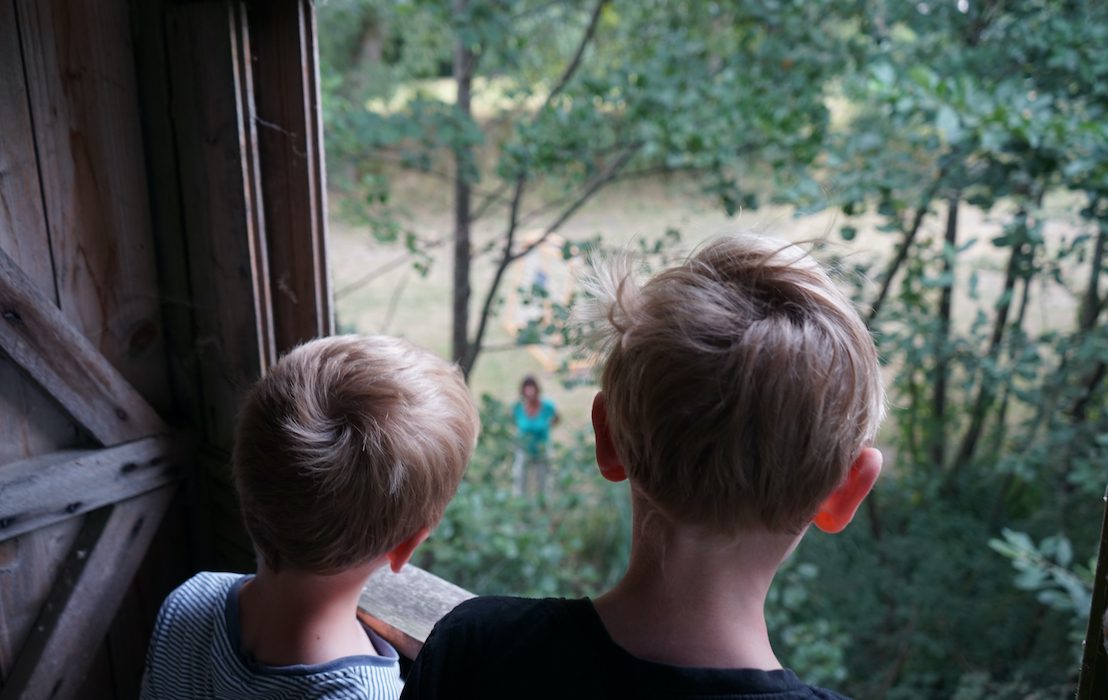[ad_1]
There needs to be extra all-male and all-female establishments, not fewer.
Cherie Blair, the outspoken spouse of former prime minister Tony Blair, is campaigning to power the Garrick Club in London to confess ladies. The personal membership has been all-male since its founding in 1831. An inside vote of the membership in 2015 noticed solely 50.5 p.c vote in favor of admitting ladies, in need of the two-thirds wanted to alter the coverage. Now feminine lingerie CEO Emily Bendell has launched a public petition and authorized effort to acquire an injunction in opposition to the membership underneath part 29 of the Equality Act of 2010 banning intercourse discrimination.
In asserting her public assist for the petition, Cherie Blair known as the no-women rule “outrageous.” She marveled that so little had modified for the reason that first time she tried to enter the Garrick Club as a younger trainee barrister in 1976, when she was turned away whereas her future husband was admitted.
We’ve discovered quite a bit within the 4 a long time since then. Among different issues, we now have discovered that abolishing single-sex establishments has been way more pricey to society than anybody within the Nineteen Seventies predicted.
People underestimate simply how a lot of American life was once sex-segregated. The common suburban dad within the Nineteen Sixties would have spent a lot of his free time in all-male organizations, from the Rotarians to his native golf or tennis membership. Mom’s church committees had been normally all-female in follow if not formally, as was the PTA.
That started to alter within the Nineteen Seventies and ’80s as feminists launched lawsuits to power establishments throughout America to go co-ed. The Rotary Club took its case all the best way to the Supreme Court, the place it misplaced in 1987. The Elks agreed to confess ladies in a settlement with the ACLU in 1995.
The rationale behind these lawsuits needed to do with networking. It was all nicely and good for girls to be employed by large companies, feminists mentioned, however they might be held again of their profession development if they may not take part off-hours schmoozing.
The victims of discrimination second-wave feminists needed the general public to think about had been individuals like the feminine lawyer attempting to make companion or the Yale professor handicapped in her quest for tenure by the no-women rule at Mory’s Temple Bar. But in truth these lawsuits regularly ended up concentrating on equally sympathetic defendants.
The California case Isbister v. Boys’ Club of Santa Cruz (1985) started when widow Ruth Mallery endowed a leisure membership for boys in her neighborhood to commemorate her late husband’s lifelong curiosity in the issue of juvenile delinquency. An 8-year-old lady, Victoria Isbister, assisted by the native ACLU, sued the membership. Not solely did the California Supreme Court rule in Isbister’s favor, Chief Justice Rose Bird mocked Ruth Mallery as exemplifying “wealthy patrons who prefer to confer largess in a sexually discriminatory fashion” and “insulate a select few from the 20th century.”
Eventually organizations discovered to not put up a battle. In 2019, the all-female coworking area the Wing selected to confess males fairly than battle a sex-discrimination lawsuit introduced by a 58-year-old man who had sought to hitch its Georgetown location in Washington, D.C.
Most anti-discrimination statutes allow exceptions in circumstances the place it may be proven that excluding ladies is straight related to a corporation’s objective. However, these exceptions fail to acknowledge that single-sex areas are an excellent in themselves.
In the Boys’ Club of Santa Cruz case, for instance, the court docket dominated that conserving out women had no relevance to the membership’s objective of offering recreation. But boys flourish within the firm of different boys in ways in which the presence of women inhibits—that is maybe very true of the sort of boy in any other case liable to changing into a juvenile delinquent. Men kind deeper friendships in all-male teams, which can be why civil society organizations just like the Rotarians that had been legally compelled to go co-ed within the Eighties have gotten weaker ever since.
Feminists sneer that if there are jokes males had been planning to inform on the membership that they’ll’t say round their feminine colleagues, then possibly they shouldn’t be telling these jokes within the first place. This misses the purpose of single-sex areas, which isn’t about off-color jokes however about primary ideas of group dynamics.
It so occurs that these variations have been studied extensively by (courageous) psychologists and anthropologists, however we don’t want specialists to inform us what is clear: Just as males are totally different from ladies, teams of males are totally different from teams of ladies. They function by totally different guidelines and have totally different strengths and weaknesses. They differ in competitiveness, in whether or not decisionmaking is egalitarian and consensus-driven or hierarchical, in what sorts of conformity are enforced and the way. It’s widespread sense. Unfortunately, widespread sense has been outdated by equal rights regulation—which, by the way, is Cherie Blair’s world, as a lawyer specializing in human rights litigation.
Today the frontier of civil rights regulation is in forcing establishments to deal with organic males as ladies in the event that they establish as trans. It could be higher if the momentum had been within the different path, not in forcing all-female areas to confess organic males however in defending the best of single-sex establishments to exist in any respect. The comparatively slim vary of areas focused by trans activists—bogs, saunas, prisons, sports activities groups—underscores simply how few of those we now have left.
[ad_2]
Source hyperlink















